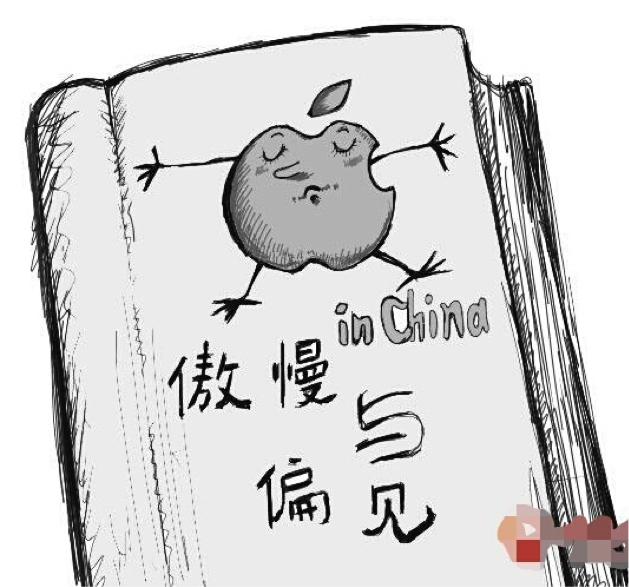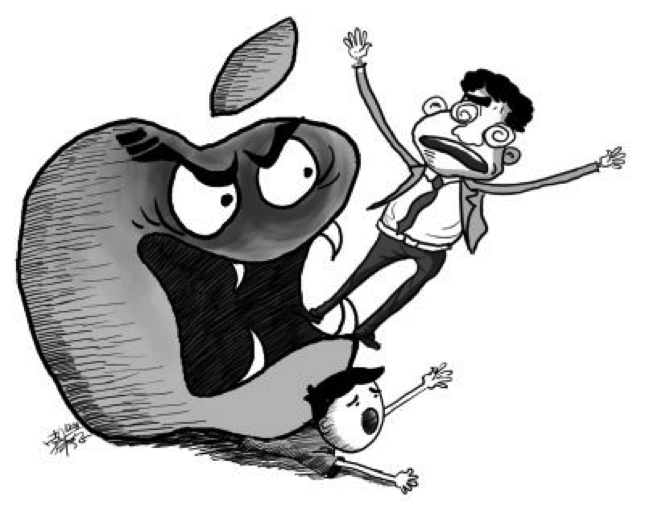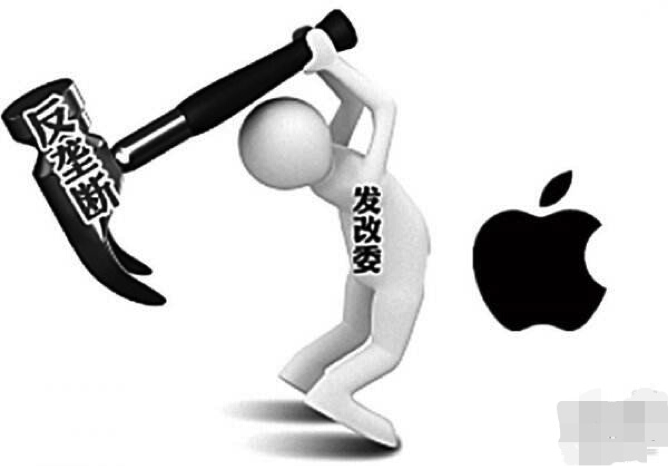Communications World Network News (CWW) – On September 5, the 8th China Patent Annual Conference, themed "Patents and Boosting the Development of the Real Economy," opened in Beijing. However, one notable aspect of the event was the controversial "patent dialogue" involving discussions on patent usage, rights, value, and nationality. The interaction between Apple's representative lawyer and a Chinese corporate patent holder turned tense, causing some unrest at the conference. While the incident may seem chaotic, it also offers insights into the broader tensions surrounding intellectual property in China.
Event Summary: Apple’s Lawyer Confronts a Chinese Patent Holder
According to reports, the core issue revolved around a speech delivered by Cao Jun, the general manager of Xidian Express. During the session, Apple's attorney raised a question from the audience, claiming to act as an "ordinary consumer." His argument centered on the WAPI technology, which is embedded in national standards but allegedly not widely used in mobile devices. He criticized the situation, calling it a "sad phenomenon" where consumers are forced to pay for unutilized patented technologies.
Cao Jun responded by explaining that Apple had previously signed a patent licensing agreement with Xidian Jietong, which expired without renewal. After two years of unsuccessful negotiations, Xidian Jietong took legal action against Apple. In turn, Apple filed a counter-suit, raising issues of anti-monopoly and seeking a court ruling on royalty rates. Within a short period, Apple reportedly obtained confidential information from Xidian Jietong through improper channels in the U.S., while simultaneously requesting the Shaanxi court not to issue an injunction against infringement litigation—despite claiming not to use Xidian Jietong’s patents.
Cao Jun later pointed out that modern smartphones contain thousands of patents, making it nearly impossible for consumers to track which ones are actually used. This sparked further debate about transparency and fairness in patent licensing.
Analysis: A Public Challenge with Hidden Motives
The public questioning by Apple's attorney was seen by many as an attempt to rally support for Apple's position, particularly in its ongoing legal battles. Although he claimed to be acting as a "consumer," the nature of his challenge suggested a deeper agenda. Many observers felt that such a confrontation in a public forum, rather than a courtroom, was unprofessional and lacked the decorum expected of legal professionals.
Apple's focus on WAPI technology appeared to be more about avoiding royalty payments than genuinely addressing technical concerns. A fundamental principle in the industry is that if a technology is installed in a device, it is effectively being used—even if the user doesn’t activate it. Moreover, patent royalties are typically paid by manufacturers, not end-users, and this practice is widely accepted globally as a form of respecting intellectual property.

Underlying Causes: Rise of Chinese Standards and IP Awareness
The WAPI patent controversy reflects a broader shift in China’s approach to intellectual property. As a national standard developed by the Ministry of Industry and Information Technology, WAPI represents China’s own technological innovation. Xidian Jietong holds the relevant patents, and any challenges should logically come from Chinese regulatory bodies rather than foreign corporations like Apple.
Industry insiders noted that WAPI was not widely adopted in China due to resistance from foreign entities, particularly the Wi-Fi Alliance. Despite its stronger security features compared to Wi-Fi, WAPI faced boycotts and accusations of insecurity. This created a situation where Chinese users were limited to using Wi-Fi, even though WAPI was technically available. The development of WAPI has thus been hindered by external interests, highlighting the challenges of promoting domestic standards in a global market.
Public Reaction: A Growing Sentiment in Favor of Chinese Innovation
Netizens expressed strong opinions on the matter, with many criticizing Apple’s tactics and supporting Chinese companies. One comment read: “There’s more to this story than meets the eye. It’s clear that Apple is trying to shift blame onto Xidian Jietong, regardless of who is right or wrong. This shows that China is becoming more vigilant in protecting its intellectual property, and we’re ready to stand up for our own.â€
It’s important to ask: Should only certain developed countries have the right to emphasize intellectual property while blocking others? China is increasingly prioritizing its own IP protection, and WAPI aligns with national security strategies. This is not just a commercial issue—it’s a matter of sovereignty and fair competition.

Apple’s Legal Tactics: A Pattern of Aggressive Behavior
Apple’s history of aggressive legal strategies has drawn criticism from both domestic and international players. Last month, a coalition of Chinese lawyers and experts formally reported Apple’s alleged monopolistic practices to the State Administration for Industry and Commerce and the National Development and Reform Commission. The move was supported by over 30 app developers, including major internet companies.
Apple has been accused of abusing its dominant position in the App Store, charging a 30% fee known as the "Apple tax." This has led to widespread frustration among developers and operators. In patent disputes, Apple often delays payment, then sues for monopoly, relying on its powerful legal team to push cases toward favorable outcomes. Small companies, lacking such resources, often find themselves unable to compete, leading to settlements or abandonment of claims.
Even large firms like Samsung, Nokia, Ericsson, and Qualcomm face challenges when dealing with Apple. Despite its high profits, Apple’s business model raises questions about fairness and long-term sustainability in the tech industry.

Conclusion: Great Companies Must Be Accountable
While Apple is undeniably a major player in the tech world, its actions must be held to higher standards. The recent exchange at the conference highlighted its longstanding attitude of dominance and disregard for Chinese patent holders. The long-term health of the industry depends on respect for intellectual property and fair competition.
Consumers should not be forced to pay excessive fees, nor should companies avoid their obligations to patent holders. As a leader in the industry, Apple has a responsibility not only to innovate but also to act ethically and transparently. Its behavior sets a precedent for others, and it’s time for regulators and the public to take notice.
3.7V Lithium Battery,Rechargeable Battery Pack,consumer rechargeable battery
Shenzhen Jentc Technology Co., LTD , https://www.phenyee.com